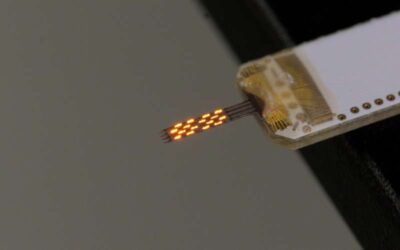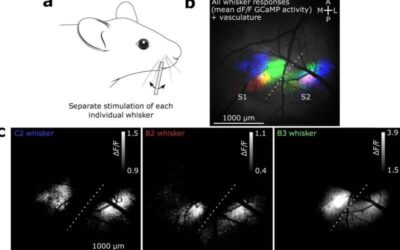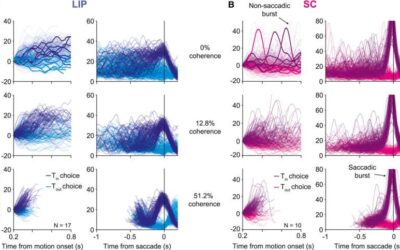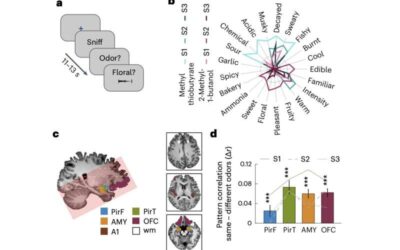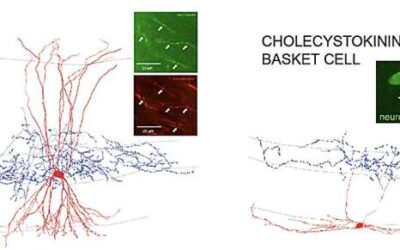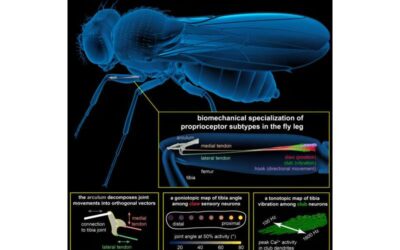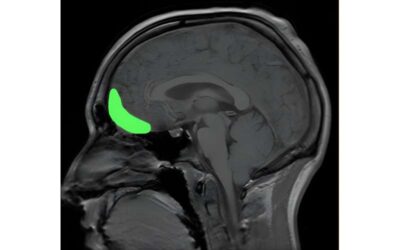Optogenetics are advanced research tools that allow scientists to precisely control the activity of brain cells using light. Over the past few years, optogenetic techniques have become increasingly advanced, leading to exciting new discoveries about the brain and its...
MEDICALXPRESS
Study shows that perception is driven by variability of neural activity in the sensory cortex
The brain is a sophisticated biological system known to produce different experiences and perceptions via complex dynamics. Different brain regions and neural populations commonly work in tandem, communicating with each other to ultimately produce specific behaviors...
Study unveils a neural mechanism involved in terminating decisions
During decision-making, the human brain essentially accumulates useful information and weighs options until it has enough evidence to choose. Past studies showed that choice-relevant evidence is accumulated in specific parts of the brain's outer layer, known as the...
Study sheds light on the neural underpinning of subjective odor perceptions
Different people can have varying perceptions of the same scents and odors, for instance perceiving the same perfume as "fruity" or "musky." Studies have suggested that the ways in which the same odors are mapped in the brain of different individuals are highly...
Exploring the activity patterns of distinct hippocampal interneuron types during odor-guided spatial navigation
The hippocampus is a crucial brain region known to support the processing and storage of higher-level information, in the form of memories. In addition to allowing humans and animals to recall events that happened in the past, it plays a part in learning and...
Study shows that eye movements decrease while effortfully listening to speech
After a certain age, approximately 40% of people experience some degree of hearing loss. While age-related hearing loss is most prevalent in adults over the age of 65, it can start occurring far earlier than that, when people are in their 40s or 50s.
Activating astrocytes in the basal forebrain keeps mice awake without any signs of sleepiness
Sleep is known to support the proper functioning of body, including the brain, allowing it to rest, recover, and recharge. While countless neuroscientists and medical researchers have been trying to better understand this vital biological process, much of its neural...
Study unveils new mechanical and neural processes underpinning proprioception in fruit flies
Drosophila, commonly known as fruit flies, have been the focus of numerous biomedical and neuroscientific studies, as they can be easily bred, examined and experimented on. Over the years, studies on Drosophila have led to numerous exciting discoveries, paving the way...
Study shows that astrocytes in the cortex modulate the dominant behavior of male mice
The social behavior of animals has been the key focus of extensive neuroscience and biomedical studies, as it is often aligned with behaviors observed in humans. Better understanding these behaviors and the neural processes underpinning them could ultimately also have...
New findings show how the brain prepares to make choices during decision-making
Neuroscientists and psychologists have been trying for decades to better understand how humans make decisions, in the hope to devise more effective interventions to promote healthy and beneficial lifestyle choices. Two brain regions that have been linked to...

